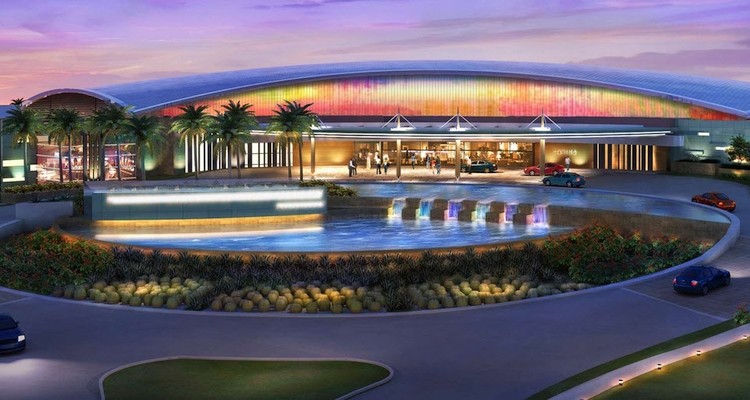The tribe behind a casino project in the Phoenix, Arizona suburb of Glendale has added another minor coup to their long line of legal victories over the state and rival tribes. The Tohono O’odham Nation is nearly ready to open a $300 million casino expected to bring as many as 3,000 jobs and $136 million in wages to the area. But resistance has been fierce and unrelenting.
On Thursday U.S. District Judge Steven Logan denied a request by the Attorney General’s Office that he hear the lawsuit filed by Tohono O’odham’s against Arizona Governor Doug Ducey and others. Logan sent the case to Judge David Campbell.
Lawyers for the tribe argued that judge Campbell has knowledge of the issue as he has handled several other lawsuits over the Desert Diamond West Valley Casino Resort. The project is under construction and facing challenges from a variety of opponents, including U.S. Senator John McCain who has is moving a bill through Washington in an attempt to put an end to the project.
The tribe has prevailed in a series of cases brought before Campbell by the state. In the first hearing on the matter yesterday, the state asked to place a trial date on the calendar sometime in October. The judge refused and set the case for Sept. 18, rather than August as the tribe requested.
The latest legal battle is in regard to state Gaming Director Daniel Bergin refusing to grant the tribe a license in spite of the fact they have bested state’s attorneys in every previous legal fight to date.
In 2011 the state challenged the U.S. Department of the Interior’s decision to let the tribe add land they had purchased near the edge of town as part of their reservation. Campbell denied the challenge. Later in 2011 the judge voided legislation that would have allowed Glendale to annex the land. The tribe may only open a casino on Reservation land in an unincorporated area. In 2013 the judge rejected claims by rival tribes and the state that Tohono O’odham was in violation of a 2002 voter-approved law allowing Indian casinos, saying the law, “contains no such limitation.”
Digging deeper into the current dispute, Bergin contends the tribe acted fraudulently as they may have not told the state they would open a casino distanced from their traditional reservation, that voters were duped in 2002 because of that, and that makes the tribe unfit to offer casino games.
The tribe is nearly ready to open the casino and last month filed suit to force Bergin to issue all needed documents to allow that to happen. Bergin contends he has legal authority to to determine whether the tribe acted fraudulently. The tribe may rely on Campbell’s earlier decisions that indicate voter-approved laws and state compacts specifically allow for the Glendale casino.


